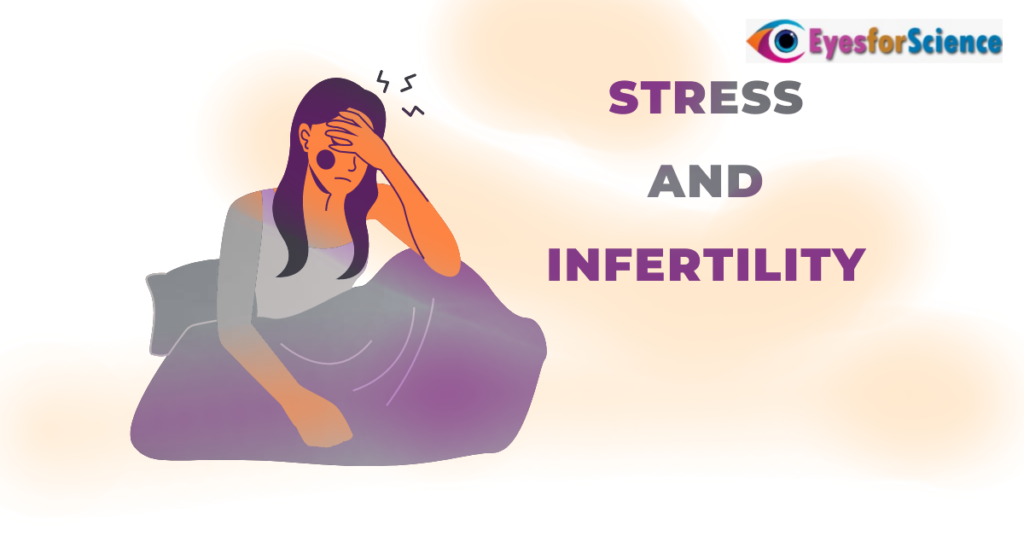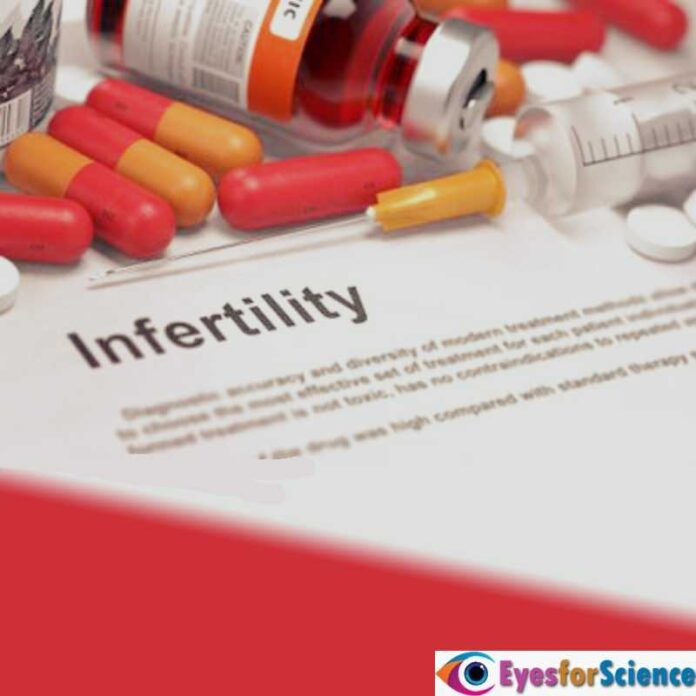Stress and Infertility – How they Are Connected?
Anxiety, stress, sadness, and other mental health concerns are difficult to manage at any time. Besides this, it is not uncommon for some of the same issues to arise while addressing fertility. However, because stress and fertility are both difficult to study on their own, determining how they interact is even more difficult. Nonetheless, research suggests that stress and worry might influence fertility. Dealing with fertility challenges can also harm your mental health. We’ll go into the research findings later, but here’s a preview of what you’ll learn.
- Whatever the source of your anxiety, the release of stress hormones (such as cortisol) can cause physical changes affecting your reproductive health — and the symptoms of stress can be similar whether you’re going to experience it as a consequence of fertility issues, challenges in life, or even serious illness.
- According to research, the longer you have problems getting pregnant, the more stressed you get.
- The research on stress and fertility is complicated, but there is evidence that stress might affect hormone levels and menstrual cycles.
- The data as to whether stress can affect time to pregnancy, pregnancy rates, or in vitro fertilization (IVF) outcomes is inconsistent – some research reveals negative effects, while others do not.
- We don’t know how effective mental health therapies are in increasing conception rates when stress levels are high. However, enhancing your mental health is worthwhile regardless of whether it directly affects your fertility.
Fertility stress is no exception
Symptoms of infertility-related stress may overlap with those associated with chronic or long-term stress for other reasons. They can even be comparable to the distress that people suffer when they are diagnosed with major illnesses. Those conditions could be cancer or HIV. Not only do reproductive stress and chronic stress share physiological characteristics but stress is more common among people who are having difficulty getting pregnant.
- One research following 352 women seeking infertility therapy discovered that more than half of them showed evidence of sadness and almost three-quarters showed symptoms of anxiety.
- Another research of 112 women discovered that 40% of participants had a diagnosable mental health issue such as generalized anxiety or serious depression throughout treatment.
- As more time passes without a successful pregnancy, stress levels can rise.

What is the Relation between Stress and Infertility?
To understand the data, it’s critical to understand how we investigate the impacts of physiological stress. Besides this, it is also important to know how our present research methodologies influence our conclusion. However, our present stress study approaches have a few limitations:
- Since research into stress and fertility is ongoing and recent, we must rely on smaller studies that aren’t necessarily of the best quality.
- Smaller studies also make it more difficult to rule out the possibility of other factors influencing fertility, such as age or reproductive organ health.
- Stress and fertility research currently does not include a diverse set of people, with the majority of results coming from white women.
- Similarly, much of what we know comes from IVF trials of patients with known fertility difficulties, so we know less about how stress affects implantation in people with presumed fertility.
- Different assessment methodologies, both in terms of stress and reproductive health, can muddy results.
The menstrual cycle and stress
As previously stated, the physiological impacts of stress can affect the operation of our reproductive system and interrupt ovulation:
- According to a 2015 study on 259 women who completed perceived stress assessments, the high-stress group had lower levels of oestrogen, luteinizing hormone, and progesterone, and higher levels of follicle-stimulating hormone during the luteal phase of their cycles, implying a higher likelihood of anovulation.
- Increased cortisol levels caused by stress may interfere with follicular development and the inflammatory processes required for us to ovulate.
How do you deal with infertility stress?
Learn
Inform yourself about the typical reactions to infertility. Speak with other people who are suffering from infertility. Learn about your medical condition and your treatment options.
Communicate
Discuss your feelings and wants with your relationship and enable your partner to feel and cope differently. Avoid conflict by discussing your differences. Maintain contact with family and friends and avoid isolating oneself. Understand that you may discuss your condition.
Use relaxation techniques
The human body has two responses: fight-or-flight and relaxation. This is the same reaction you have when you are under psychological stress. When your body is in deep rest, you are experiencing a relaxation response. Progressive muscle relaxation, deep breathing, meditation, and imaging are all relaxation strategies. They can help you move to a relaxation response state. These approaches can help you deal with any form of stress, including infertility-related stress.
Focus on your physical being
Take care of your health by scheduling a well-adult exam once a year. Eat healthily, exercise regularly, get enough sleep, and make time for fun.
Deal with sexual tension
Sexual stress is particularly prevalent among infertile couples, mostly because couples perceive it as an obligation or a daily chore rather than an enjoyable activity. There are several approaches to dealing with this. Some of these are taking a break from child-rearing, and separating between work and leisure sex. Besides this, they are also learning sensual contact that does not result in pregnancy.
Must read a Guide on Monkeypox.








